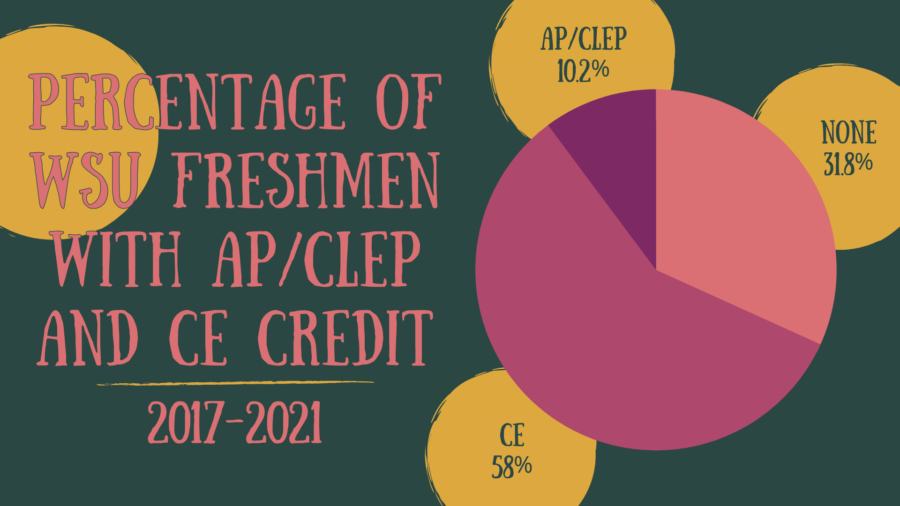During a presentation by Weber State University professors on Wednesday, a shared opinion was that the United States needs to decrease its dependence on foreign oil for economic and environmental reasons.
Nazneen Ahmad, assistant professor of economics at WSU, said in her presentation that the “supply of oil is finite and decreasing while demand is increasing.”
With the U.S. being the world’s largest oil importer, Ahmad said this prevents smaller and less developed countries from obtaining oil “to expand and become part of the growing global market place.”
Despite this, according to Ahmad, who cited the U.S. Energy Information Administration, dependence has declined dramatically since 2005.
“We have learned to be more efficient using our energy; there is a shift in consumer preference. There are also strong gains in production of crude oil, and we have learned to use domestic fuel alternatives,” Ahmad said
However, Ahmad said gasoline prices have not aided in the U.S.’s economic recovery.
“Our economy would have been better, or we would have recovered at a more rapid rate if we didn’t have to pay so much at the gas stations,” Ahmad said. “We would have had more money to spend on foods and other services.”
In her research, Ahmad also said she found that “a number of recessions in this country happen due to the oil price shock or oil embargo.”
The other speaker was Gary Johnson, an associate professor of political science at WSU. He illustrated Americans’ major reliance on oil.
“About 70 percent of our oil is used for transportation,” Johnson said. “We have around 800 cars for every 1,000 adults in America, the highest percentage of automobiles. Almost all of that is by individual drivers. HOV lanes are usually empty, and most Americans are alone in their cars for a couple hours a day.”
Johnson also spoke about Congress’ resistance to raise fuel economy standards and the future of the oil market.
“The 21st century will be characterized by a very tight oil market, volatile prices, the instability of some exporting nations, the rise of the Arab Spring as an important geopolitical force, jihadist terrorism, the rebirth of resource nationalism and fears for a scramble of resource supplies,” Johnson said.
Viviana Felix, WSU’s Hispanic senator, attended the presentation because she also believes the U.S. “depends too much on the Middle East, especially for oil resources.”
“I believe that a lot of the information he had was useful,” Felix said. “I like that clip that he showed because it shows that a lot of former presidents have been trying to fix this problem, and nobody has really gotten to it even though they have set dates and times.”
Felix believes that students need to learn how to “save what we have” in order to reduce the demand on oil. She hopes that WSU will further inform students on how to conserve resources.
Lonald Wishom, the vice president for diversity and unity at WSU, was one of the students who spearheaded the event.
“We thought this topic would be a great topic because the relationship we have with the Middle East is really important based on the fact that we are such large importers of their oil,” Wishom said.












